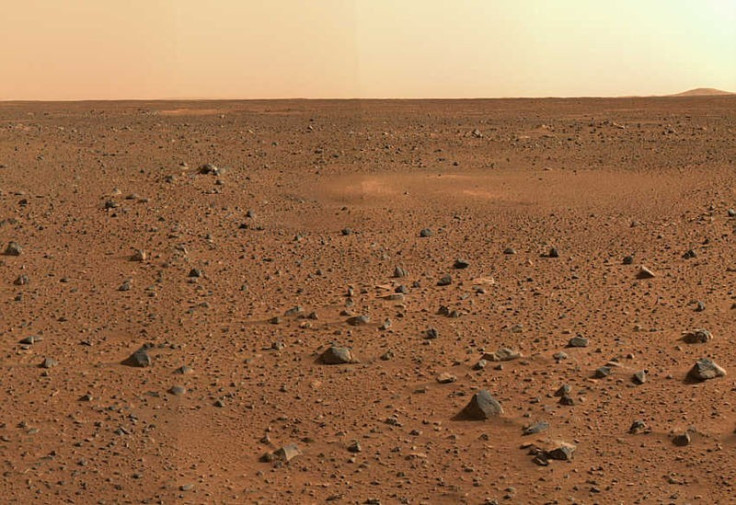Billion-Year-Old Water Raises Possibility of Life on Mars

Water that dates back billions of years may hold answers about life on Mars, scientists have said.
Researchers from the UK and Canada have found ancient pockets of water stored in rocks 2.4km beneath Earth's surface in Ontario, Canada.
They believe the water could be the oldest ever found. They said the rocks it was found in was similar to those found on Mars, giving hope comparable life-sustaining water could be buried beneath the red planet's surface.
Analysis showed the water is rich in dissolved gasses, such as hydrogen and methane, as well as noble gases such as helium, neon, argon and xenon.
The scientists, from the universities of Manchester, Lancaster, Toronto and McMaster, said there is as much hydrogen in the water as there is in hydrothermal vents found deep in the ocean that are teaming with life.
While they have yet to establish if the ancient water contains life, the gases in it could provide enough energy to support microbes that may not have had sun exposure for billions of years.
The findings, published in Nature, provide an insight into how microbes evolve in isolation.
Chris Ballentine, from the University of Manchester, said: "We've found an interconnected fluid system in the deep Canadian crystalline basement that is billions of years old, and capable of supporting life.
Incredibly exciting
"Our finding is of huge interest to researchers who want to understand how microbes evolve in isolation, and is central to the whole question of the origin of life, the sustainability of life, and life in extreme environments and on other planets."
The rocks where the water was found are thought to be around 2.7 billion years old. Analysis showed that the fluid is at least 1.5 billion years old, but could be much older.
Before the ancient samples found, the oldest water found was trapped in bubbles in rock. It was incapable of supporting life.
Researchers say their water is similar to that which flows 2.8km below ground in South Africa, which does support life.
Greg Holland, from Lancaster University, said his colleagues in Canada are now trying to establish if the water contains life. "What we can be sure of is that we have identified a way in which planets can create and preserve an environment friendly to microbial life for billions of years. This is regardless of how inhospitable the surface might be, opening up the possibility of similar environments in the subsurface of Mars."
Ballentine added that the questions their research raises about the possibility of life on Mars are "incredibly exciting".
© Copyright IBTimes 2024. All rights reserved.






